AI ready state
A "knowledge graph" when combined with "LLM RAG" (Retrieval Augmented Generation) allows a large language model (LLM) to access a structured network of information, enabling it to generate more accurate and contextually relevant responses by retrieving relevant data points from the graph, essentially providing a richer understanding of relationships between entities within a given domain, leading to improved query comprehension and response quality.
Data Connectivity
All the individual data points need to be directly connected or indirectly connected to one another.
Data Precision
Data must be high quality. 'Dirty' data will invalidate ML/AI results every time.
Standardized Taxonomies
Connecting and standardizing dozens of data sets into a single knowledge graph, SRS provides a turn-key data solution
Hierarchical Relationships
Hierarchies play a critical factor in mapping data relationships, data networks, and building decision trees. ML/AI 'shines' when hierarchical relationships are fully supported.
Data Aggregation
Knowledge Graphs support simple methods for data aggregation and data drill down.
Point in Time
All nodes or entities in a Knowledge Graph can support attribute values over time.
Data Visualization
Data connectivity greatly expands and enhances data visualization and data reporting.
Data Integration
The ability to provide multiple ways to easily connect to other third party and open data sources.
4
Data Governance and Spatial Risk
Critical factors in play
from a data governance perspective.
1. Issuers/Entities (Public, Private, Governments)
2. Security Level
ISIN, CUSIP, Loan Identifiers
3. Listing Level
Exchange Code/Ticker Symbol, SEDOL
4. Point in Time
Time Series - Climate, Environmental, Emissions, Electricity Generation.
SRS Knowledge Graph now adds a spatial layer to the existing financial sector data ecosystem
Seamlessly connecting asset locations to public, private and governmental entities, their financial identifiers (i.e., ISIN, Ticker, etc..) and relevant climate, environmental and socioeconomic factors.
5. Geospatial Reference Data Layer
Location-specific factors impacting investment and operational outcomes.

